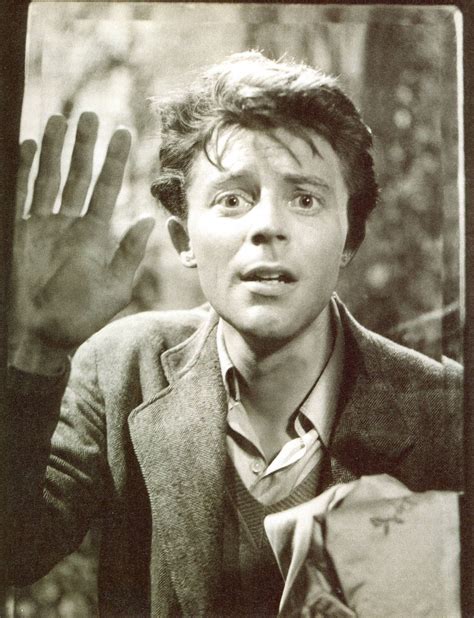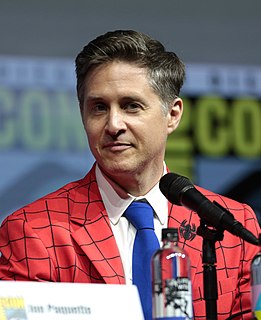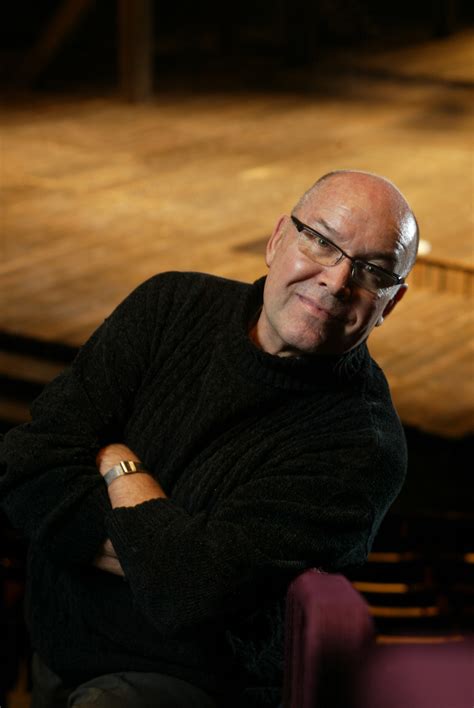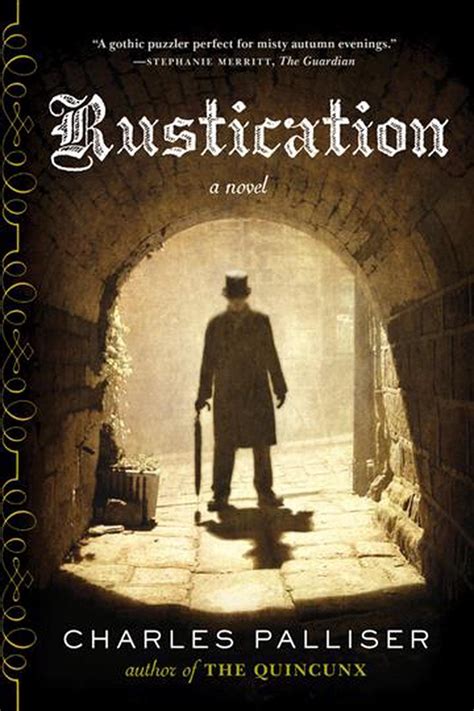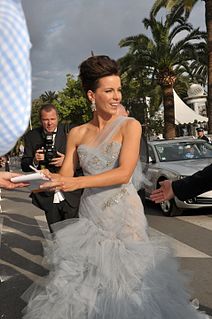A Quote by Philip Gerard
The only way to write a novel is to proceed as if you had all the time in the world.
Related Quotes
I always think I know the way a novel will go. I write maps on oversized art pads like the kind I carried around in college when I was earnest about drawing. I need to have some idea of the shape of the novel, where its headed, so that I can proceed with confidence. But the truth is my characters start doing and saying things I don't expect.
If you wait until you got time to write a novel, or time to write a story, or time to read the hundred thousands of books you should have already read - if you wait for the time, you will never do it. ‘Cause there ain’t no time; world don’t want you to do that. World wants you to go to the zoo and eat cotton candy, preferably seven days a week.
The present era grabs everything that was ever written in order to transform it into films, TV programs; or cartoons. What is essential in a novel is precisely what can only be expressed in a novel, and so every adaptation contains nothing but the non-essential. If a person is still crazy enough to write novels nowadays and wants to protect them, he has to write them in such a way that they cannot be adapted, in other words, in such a way that they cannot be retold.
I certainly felt I had an idea of World War II, and it's probably the idea that many people share: there was this insane aggressor, and there was really only one way to proceed in resisting him. What I didn't realize is that there were many voices belonging to reasonable, interesting, complicated people who had a different way of interpreting the possible responses to the Hitlerian menace.
I don't know how to write a novel in the world of cellphones. I don't know how to write a novel in the world of Google, in which all factual information is available to all characters. So I have to stand on my head to contrive a plot in which the characters lose their cellphone and are separated from technology.
